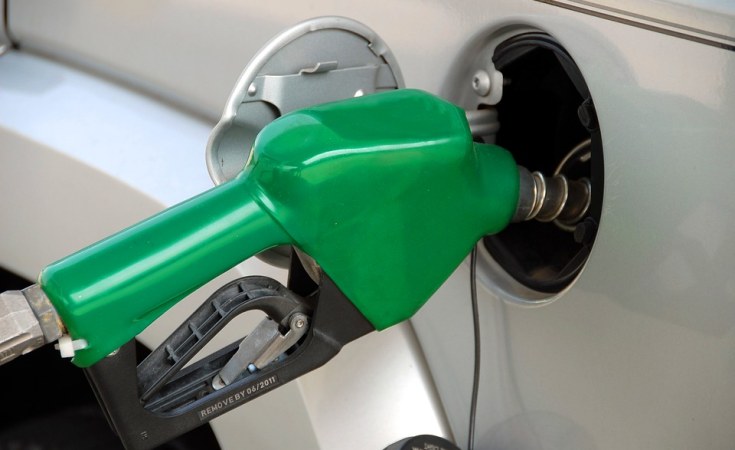Government is in discussions to intervene in the reduction of administered prices, including the petrol price, in South Africa.
This is according to Minerals and Petroleum Resources Minister Gwede Mantashe, who was delivering the welcome address at the Africa Oil Week 2024 on Tuesday in Cape Town.
Mantashe explained that the price of fuel directly influences the cost of living for South Africans.
"If the fuel price goes up, the cost of living goes up, which is not good for our society. To make life more affordable for all South Africans, we have already begun discussions on reducing administered prices, including the price of fuel and electricity. Included in the discussions of fuel prices are discussions on, but not limited to, the general fuel and the Road Accident Fund levies.
"In the fuel price, there is the general fuel levy, there is the Road Accident Fund linked to the price of fuel. Our argument is that you are distorting the price of fuel. Let's find a formula of separating them and have the price of fuel visible, and when there is intervention in the fuel price, we can see it (sic)," the Minister said.
He said government intends to conclude those discussions "in the shortest possible time".
Boosting economic growth
Mantashe said government is making concerted efforts to develop the country's petroleum resources in an equitable way.
In that regard, he said, the Upstream Petroleum Resources Development Bill is ready for assent by President Cyril Ramaphosa after it was passed by both Houses of Parliament.
"This is the first of its kind in South African history as the Upstream Petroleum Industry has always been regulated as an appendage to other industries.
"We are convinced that once the bill is enacted into law, it will not only pave the way for an orderly development of the Upstream Petroleum Industry but will boost the country's economic growth to 8% as is the case with Namibia which increased its potential to double its economy by 2040 on the back of its recent discoveries of oil and associate gas," he said.
The South African National Petroleum Company (SANPC) has also been established to "ensure that South Africans enjoy maximum benefits from their national patrimony, their petroleum resources" and to "carry the State share in petroleum projects and exploit some resources in its own right".
"The [SANPC] Bill is undergoing Cabinet processes ahead of its onward transmission to Parliament for consideration and adoption. The enactment of the bill into law will enable the SANPC to operate as South Africa's leading player in the petroleum industry, thereby ensuring energy security, foster partnerships, and propel economic growth on the back of petroleum resources.
"Additionally, the Petroleum Products Amendment Bill is also undergoing Cabinet processes for approval to publish for stakeholder comments. The bill seeks to, firstly, promote the transformation of the petroleum and liquid fuels sector by encouraging participation and equity; secondly, ensure that the persons involved in the manufacturing or sale of liquid fuels are regulated, and lastly, to ensure that the petroleum sector contributes to the country's economic development," Mantashe said.


